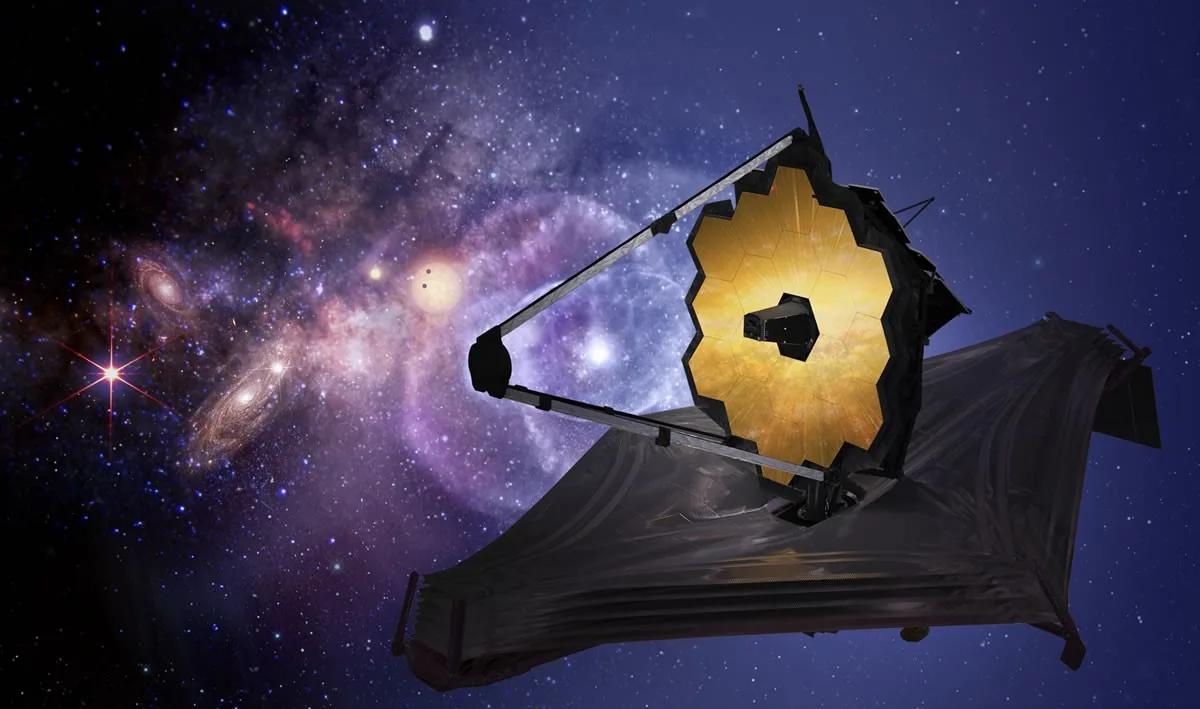The James Webb Space Telescope (JWST), a marvel of modern engineering, has opened up new frontiers in our exploration of space since its December 2021 launch. Among its astonishing discoveries is the identification of galaxies that formed just 300 million years after the Big Bang, shedding light on the earliest epochs of the universe.
But these discoveries are raising some eyebrow-raising questions. JWST has found that these ancient galaxies are not only incredibly distant but also much brighter and more massive than we once believed possible for their age. Their brightness suggests an accelerated formation of stars and cosmic structures—far earlier than existing models would predict.
This new data hints at the possibility that star formation and black hole growth happened far faster than we previously thought. With these galaxies harboring central black holes, the rapid cosmic evolution is rewriting what we thought we knew. Could this mean the universe is older than our current estimates suggest, or is it time to rethink the timeline of cosmic events?
Thanks to the JWST’s advanced imaging and spectroscopic techniques, scientists can now examine the light from these ancient galaxies, uncovering details about their composition and behavior. Spectroscopy, which breaks down light to analyze the chemical makeup of celestial objects, is proving essential in this new era of discovery.
The traditional framework of cosmology, built on the cosmological principle and Einstein’s theory of general relativity, has long helped scientists map the universe’s expansion and evolution. However, JWST’s findings are beginning to poke holes in some of our long-held assumptions, urging us to revisit our theories about how galaxies—and the universe itself—came to be.
In summary, the James Webb Telescope’s findings are forcing scientists to revisit fundamental assumptions about the universe’s formation and evolution. Its discoveries may not only redefine the timeline of cosmic history but also inspire new theories that could change how we understand the universe as a whole.
